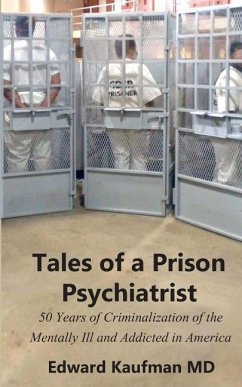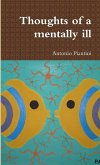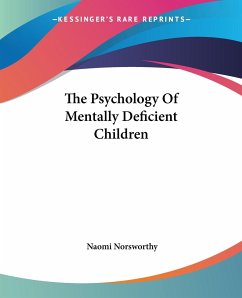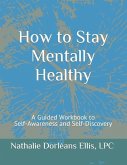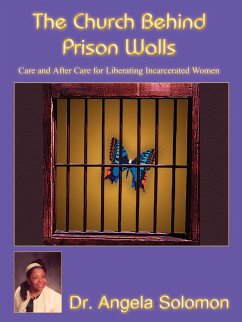Mentally ill and addicted persons currently overwhelm our streets and prisons. The full story of how this issue evolved remains unknown. But Dr. Ed Kaufman has seen the problem develop over the past five decades. He carefully describes the evolution through multiple systems including courts, legislation, state hospitals, community mental health centers, jails, prisons, therapeutics communities, homeless shelters and elite private centers. His story is not a dry academic tale, but uses human stories of mentally ill, addicted patients and inmates alongside those of judges and mental health professionals. This book also provides workable evidence based prevention and treatment programs, presented as alternatives to incarceration, plus poignant case histories of individuals who have benefited from such programs.

